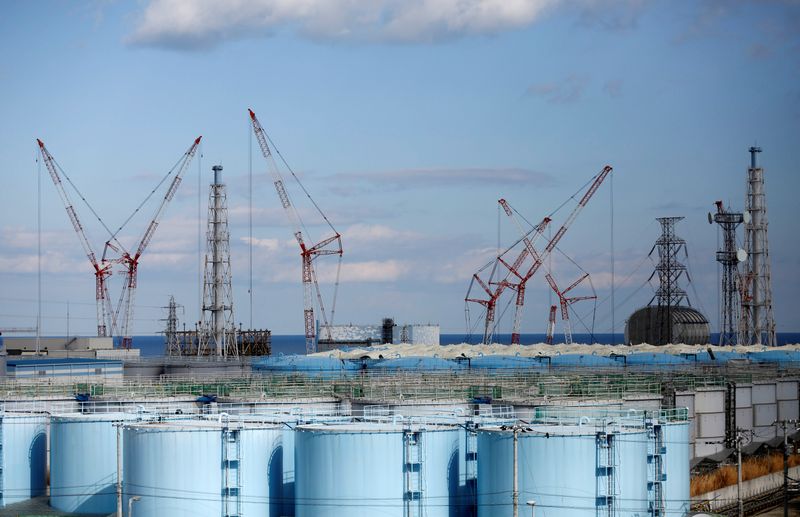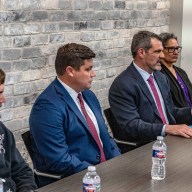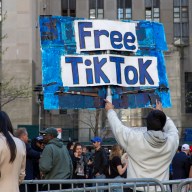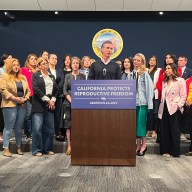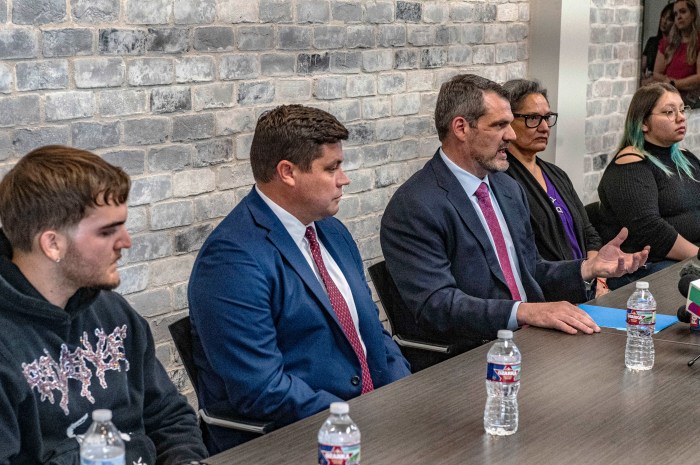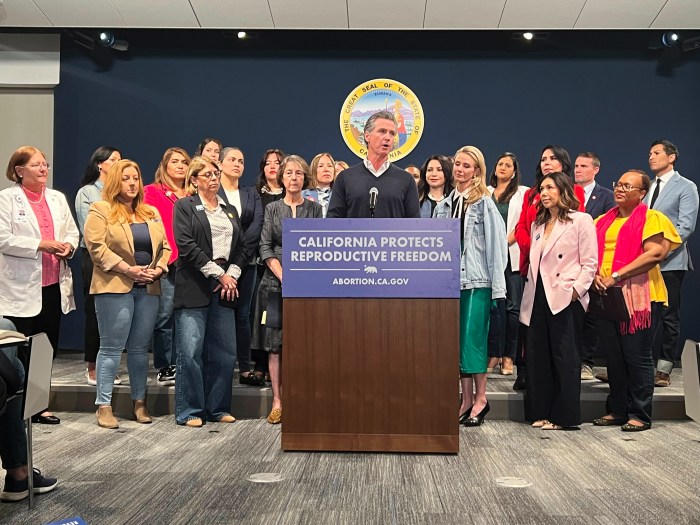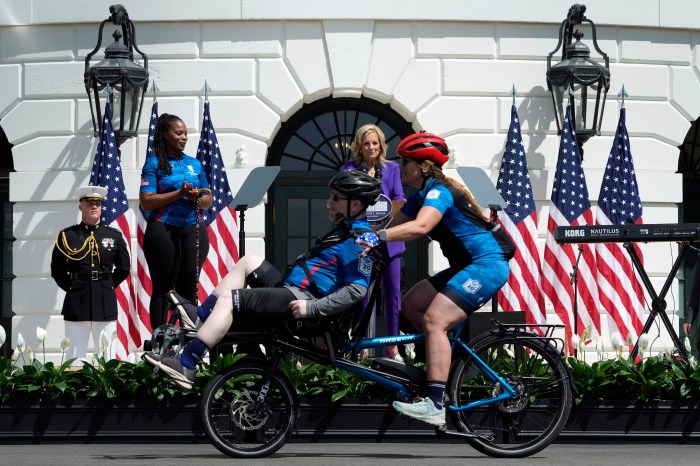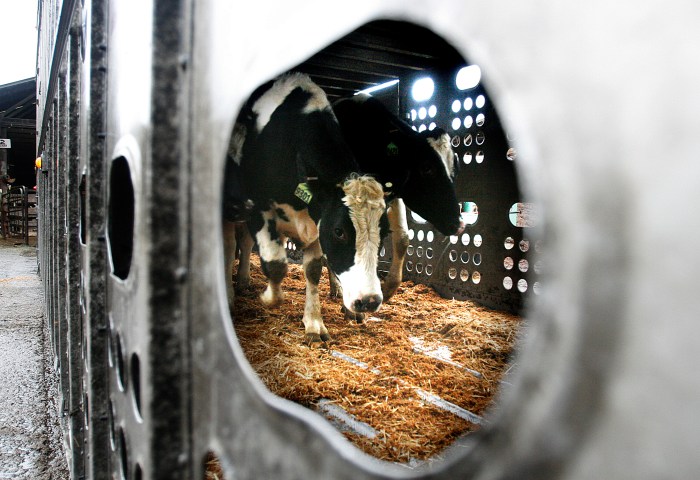SEOUL (Reuters) – South Korea expressed alarm on Thursday about the possibility that Japan will dump more than one million tonnes of contaminated water from the tsunami-damaged Fukushima nuclear power plant into the sea.
South Korea’s “serious concern” about the contaminated water was conveyed when senior officials from the uneasy neighbours met for talks in Seoul for their first time since Japan’s new prime minister, Yoshihide Suga, took office last month.
“Director-general Kim highlighted our grave awareness and serious concern about the issue of the Fukushima reactor contaminated water,” the South Korean foreign ministry said in a statement, referring to Kim Jung-han, director-general for Asia and Pacific affairs, who led the South Korean team.
Media has reported that Japanese authorities have decided to discharge some one million tonnes of radioactive water into the sea nearly a decade after an earthquake triggered a tsunami that slammed into the Fukushima nuclear plant north of Tokyo, causing extensive damage.
The Japanese government has said no decision has been made on the disposal of the water from the damaged plant.
Among other issues the two sides discussed were an annual trilateral summit with China and a diplomatic and trade dispute over the issue of South Koreans forced to work at Japanese companies during 1910-45 colonial rule, which has seriously strained ties between the two U.S. allies over the past year.
Kim said Japan needed to show a “more sincere attitude” to resolve the row, urging it to lift trade restrictions imposed on South Korea, the South Korean ministry said.
(Reporting by Hyonhee Shin in Seoul; Additional reporting by Kiyoshi Takenaka in Tokyo; Editing by Robert Birsel)

